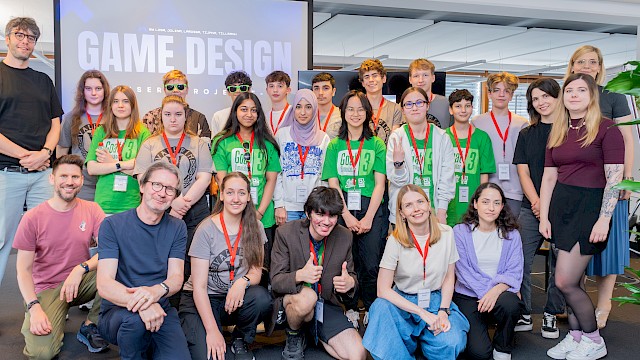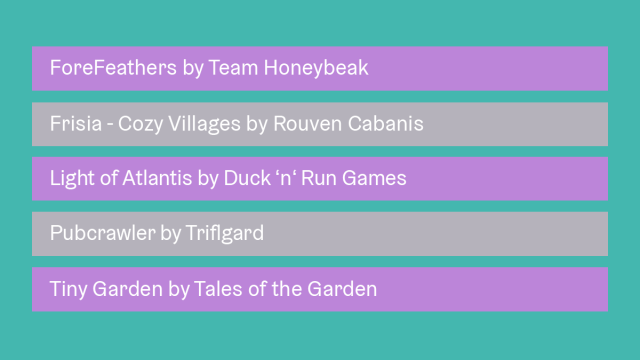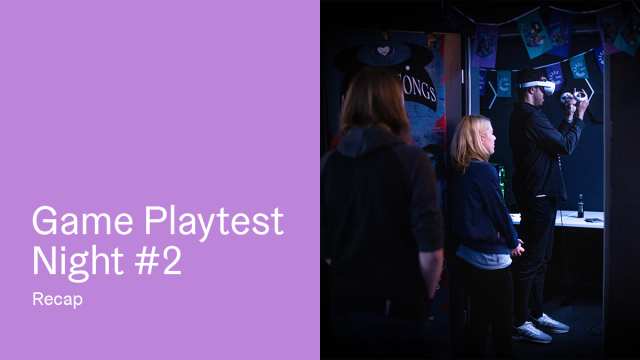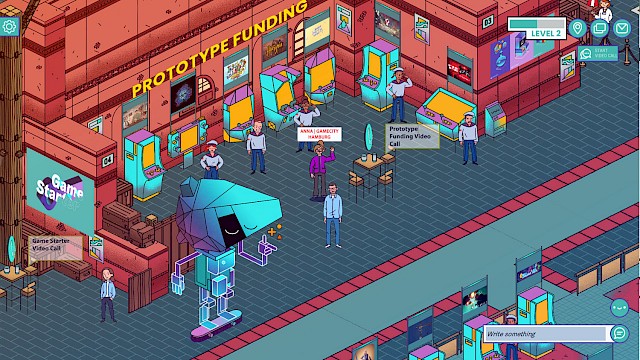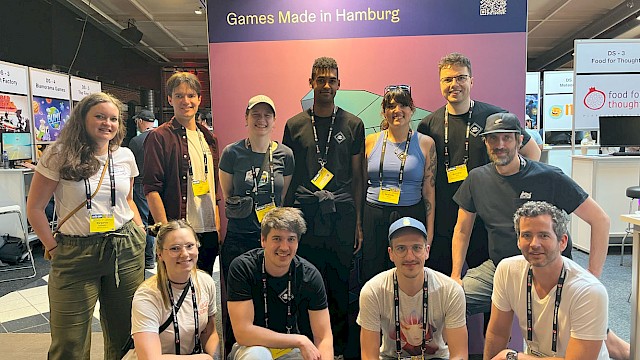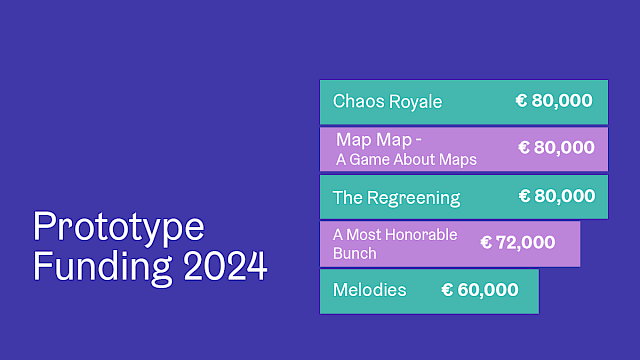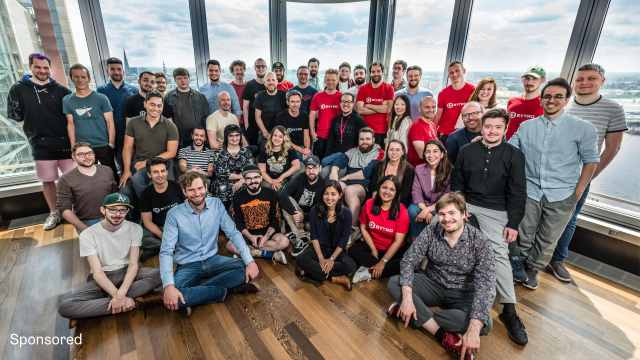February 7, 2022
Three Questions to: School for Games
School for Games is opening its second location in Hamburg, right at the RCADIA. Already well established in Berlin, School for Games is a private institute that offers vocational training for different jobs in the games industry. We are very happy to welcome another educational institution in Hamburg and took this opportunity to chat with Felix Wittkopf and Arina Dietzel, who will be the point of contact for the Hamburg branch. They told us why they chose Hamburg, what students can expect from them and how they complement the educational landscape in Hamburg.
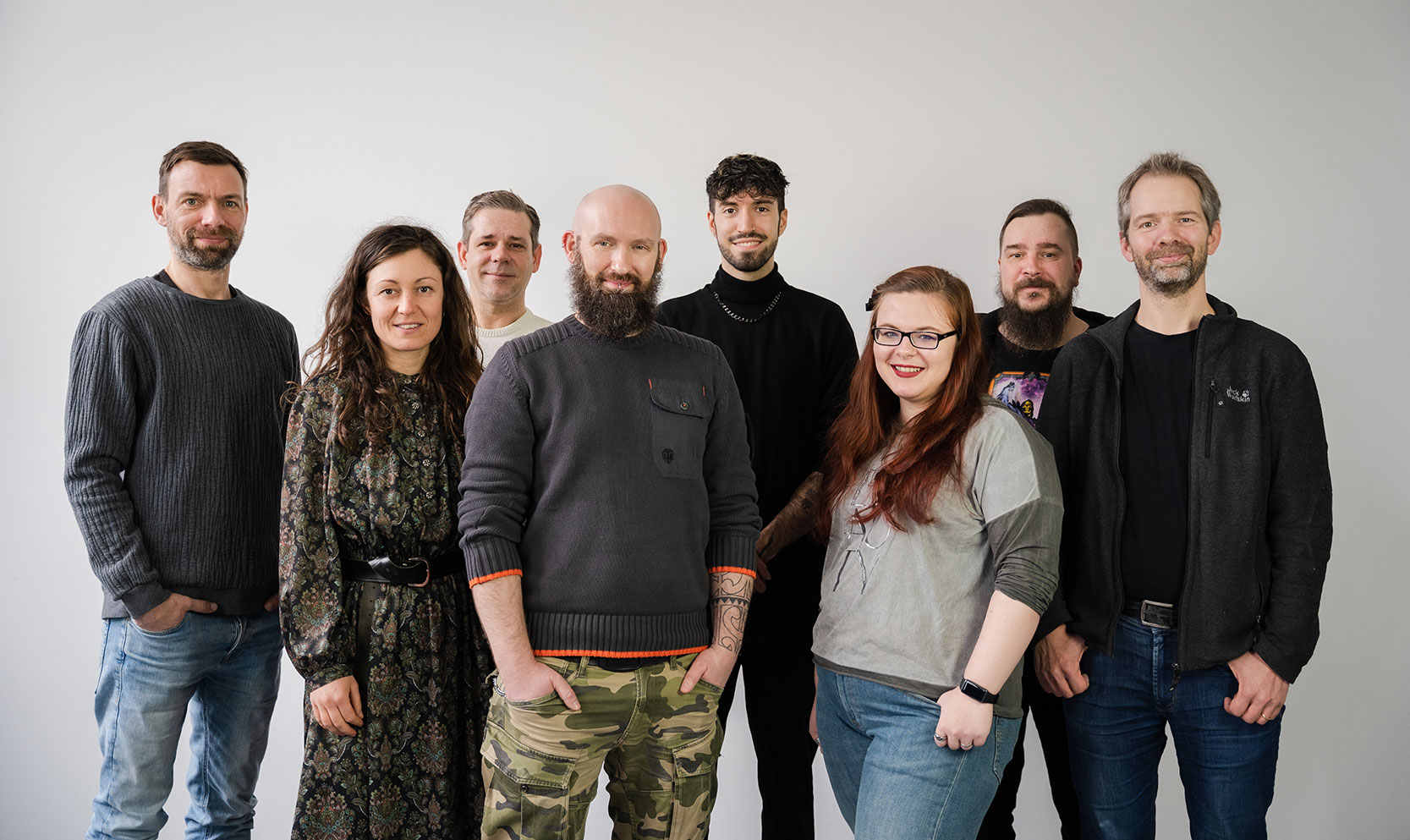
After starting in Berlin, you're now opening your second campus in Hamburg. What excites you about Hamburg as a games industry location - and why is it a promising place for your future students to start their careers here?
Felix: What excites us about Hamburg are several things, to be honest. First of all, it has a long and rich games history that goes back thirty years. Thus, Hamburg is one of the strongest games-locations in Germany. As a bonus, the number of work positions within the industry is around 2.900 and as such, pretty strong. The initiative and the role that Gamecity Hamburg is taking within the industry was also a factor for our decision for Hamburg over any other German games-location.
This strong community within the gaming industry that Hamburg nourishes is also one of the benefits for our future students and alumni, since they will be able to start networking early on while still studying at the S4G. Furthermore, the companies present in Hamburg are rich in diversity. Alumni will be able to find the perfect fit for them, be it a big player such as InnoGames and Bigpoint, a Start-Up, or an indie studio.
What can students expect when enrolling at S4G School for Games? Do you put emphasis on specific topics?
Arina: The most important thing students can expect from us is the closeness to the industry. All of our teachers come directly from within the gaming industry to teach them up-to-date skills that they use themselves daily. Some of them are actually S4G alumni, which always warms our hearts.
In our programs, we strongly focus on the projects. In the first three out of the four semesters in the programs, students have group projects where they develop their own game. They start by modifying a game from a previously provided structure in the first semester, and finish by creating something from scratch in the third semester. The fourth semester is blocked by a mandatory internship, and thus does not include such a project phase. Therefore, by the end of the program, our students have already created three games within the short span of their studies. Due to this practical and hands-on approach, students also learn to work together with different teammates from different departments that are necessary for creating a game.
This practical focus is also one of the reasons our students have such a high employment rate of 70% within three months after graduation, which we at the S4G are very proud of. It tells us that we’re doing the right thing with our teaching methods and the practical approach.
How do you fit in with the other games degree programs in Hamburg?
Felix: So far, the location Hamburg mostly offers university programs for the games industry. On the other hand, the market for vocational studies is fairly open. Not everyone interested in creating games may want to study at a university for several years to get a Bachelor and then a Master. Furthermore, not everyone might fit into the more theory-focused teaching style universities often have.
Combine that with possible restrictions such as numerus clausus, and some talents that might be great for the industry might get lost within the process. Our two-year vocational programs offer an alternative for especially those people that either can’t or don’t want to go to a university, but are still interested in working within the games industry.
Want to know more about School for Games? Visit their Website or follow them on Instagram or Twitter.
